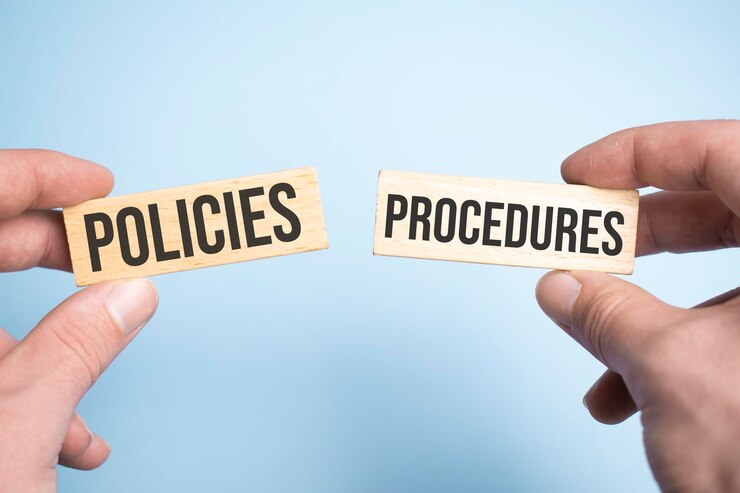Understanding Comparative Negligence In A Personal Injury Claim
3 Mins Read
Published on: 27 September 2022
Last Updated on: 28 September 2022

Personal injuries can be complicated if you contributed to the accident.
However, thanks to the law of comparative negligence, you can receive compensation even if you were partially at fault. Your attorney can help you determine how much you should receive in partial compensation.
This personal injury attorney network describes comparative negligence as the following:
What Is Comparative Negligence?
Comparative negligence is a form of tort principle. The court system applies this principle to reduce how much you can recover in damages based on your contribution to the accident.
If you are filing a settlement rather than a personal injury lawsuit, your attorney performs this task. There are three types of comparative negligence, which include:

1. Pure
According to the law of pure comparative negligence, you can claim damages even if you are 99% at fault for your injuries. The other party is liable to pay damages for the 1% of the fault. As long as another party was involved in some way, you can be compensated.
2. Modified
Under the modified comparative negligence law, you only receive compensation if you were less than 50% at fault. If you contributed to 51% of the accident, you will be liable for your damages.
3. Slight Gross
Slight gross comparative negligence allows you to receive compensation if your contribution to your accident was minor. This means the defendant would have to contribute to a gross amount of the personal injury for you to receive coverage for your damages.
How Comparative Negligence Is Calculated
In the state of Florida, the pure comparative negligence rules apply to you. Regardless of how much you contributed to your accident, if it was not 100% your fault, you can receive compensation for the following:

1. Medical Bills
You might be paying for ongoing clinic visits, surgeries, and other fees.
2. Lost Wages
When you have to take time away from work, you may suffer from lost income. Your lost income can be compensated for and include past and future ongoing costs of missed wages.
3. Pain And Suffering
You can also struggle with emotional damages that come in the form of pain and suffering. Depression, anxiety, guilt, shame, embarrassment, and other forms of emotional trauma are included.
4. Property Damage
If you experienced any property damage, you can be compensated for your repair bills or the cost of replacement.
Discover More About Comparative Negligence
The best way to understand comparative negligence is to speak to an attorney who understands how it is applied to personal injury cases.

After investigating your claim and scrutinizing how much the other party contributed to your personal injury accident, the court is able to determine an accurate percentage.
If you are filing a settlement, your attorney determines this. You can then be rewarded the percentage of your personal injury damages you were not at fault for. Your settlement will be fairly estimated based on these circumstances.
Additionals:



















Comments Are Closed For This Article